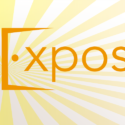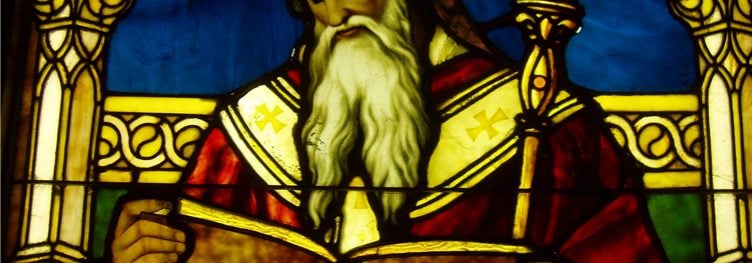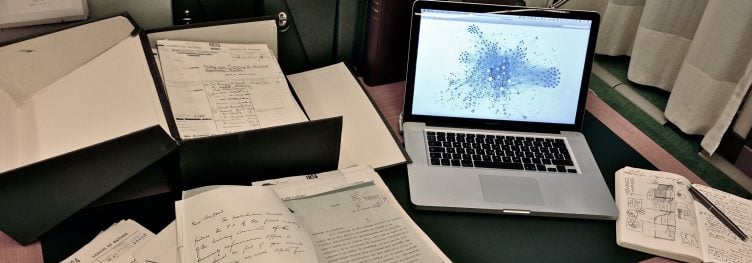Over at the Expositus blog, I have posted a brief overview of the first 12 months of the organization I lead. I might add to the research summarized there that I also continue to work in New Testament-related subjects, including research related to my PhD on Luke-Acts, and marketing and teaching a NT Greek course for Erasmus Academy.
From the blog:
The first 12 months at Expositus have flown by, and for good reason. What have we been up to?
- Incorporation in Missouri on August 1, 2017.
- 501(c)(3) status granted (Letter of Determination dated September 28, 2017).
- Successful fundraising of startup costs (Nov-Dec 2017).
- First contract signed, working with CODEC, a major research center in the UK (December 2017—present).
Research work includes:
- Researching and writing on the subject of how technology impacts interpretation of texts.
- Writing a book on the history of Bible Software (contracted with Routledge).
- Co-editing/authoring a book on Bible reading habits of 18-35 yr old British people.
- Includes collaboration with CODEC, Bible Society (UK), and Barna.
- More will be posted on the blog about the findings of this research soon.
- Teaching on CODEC’s MediaLit summer course and CODEC’s MA in Digital Theology.
- Trips to Durham (UK), Turku and Koli (Finland).
- Collaboration with a potential research fellow of Expositus on computational linguistics related to New Testament texts.
In the year ahead, I expect much of this work to continue. In addition, we hope to begin working more on issues around high speed internet accessibility and digital literacy in rural Missouri. In fact, making a greater local impact is high on the priority list.
Why is this important? At the core of our work is the conviction that the impact of technology on communities, work, and even faith, is so great that we must study its influence in depth—to reap the benefits and mitigate the negative (often unintended) consequences.
Many thanks to all of Expositus’ supporters!
If you wish to support Expositus, please find out more here.









